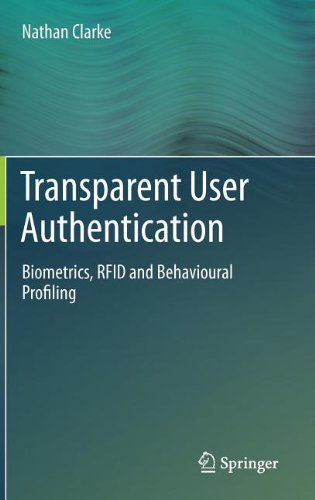

Most ebook files are in PDF format, so you can easily read them using various software such as Foxit Reader or directly on the Google Chrome browser.
Some ebook files are released by publishers in other formats such as .awz, .mobi, .epub, .fb2, etc. You may need to install specific software to read these formats on mobile/PC, such as Calibre.
Please read the tutorial at this link: https://ebookbell.com/faq
We offer FREE conversion to the popular formats you request; however, this may take some time. Therefore, right after payment, please email us, and we will try to provide the service as quickly as possible.
For some exceptional file formats or broken links (if any), please refrain from opening any disputes. Instead, email us first, and we will try to assist within a maximum of 6 hours.
EbookBell Team

0.0
0 reviewsNo existing user-authentication approaches provide universally strong user authentication, while also taking into account the human factors of good security design. A reevaluation is therefore vitally necessary to ensure user authentication is relevant, usable, secure and ubiquitous.
This groundbreaking text/reference examines the problem of user authentication from a completely new viewpoint. Rather than describing the requirements, technologies and implementation issues of designing point-of-entry authentication, the book introduces and investigates the technological requirements of implementing transparent user authentication – where authentication credentials are captured during a user’s normal interaction with a system. This approach would transform user authentication from a binary point-of-entry decision to a continuous identity confidence measure.
Topics and features:
This unique work is essential reading for all researchers interested in user authentication, biometric systems and behavioural profiling. Postgraduate and advanced undergraduate students of computer science will also benefit from the detailed coverage of the theory of authentication in general, and of transparent authentication in particular.
Dr. Nathan Clarke is an Associate Professor of Information Security and Digital Forensics at the University of Plymouth, U.K., and an Adjunct Associate Professor with Edith Cowan University in Western Australia.